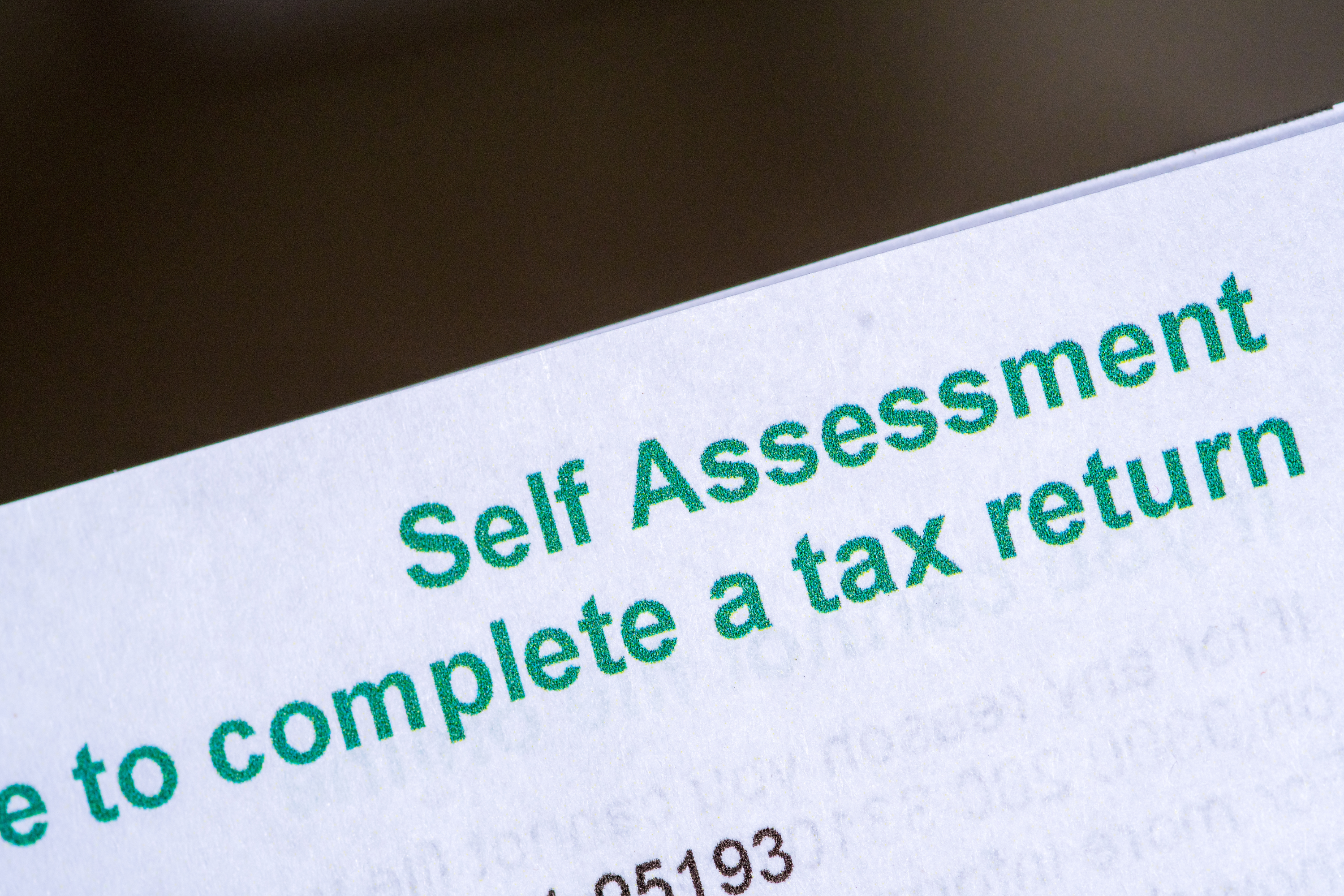At the end of 2017, cryptocurrencies, and in particular, Bitcoin, made headlines around the world as the price of a Bitcoin soared to nearly $20,000.
At time of writing, the price has more than halved from that high at just over $9,471, so sincere commiserations from us if you were tempted into cryptocurrency at the height of the market and you’ve been hoping for a return.
But what if you made a fortune and got out at the right time? How will HMRC treat those gains?
In this article, we’ve asked our UK tax experts to consider:
- What Bitcoins and cryptocurrencies are;
- What HMRC have written about it and who has final say over a tax dispute involving cryptocurrency;
- Taxes on Bitcoins for the self-employed;
- Taxes on Bitcoins for private limited companies;
- Taxes on Bitcoins for private amateur investors; and
- VAT and Bitcoins.
What is Bitcoin?
A Bitcoin is an electronic token which has monetary value. This is referred to as a “cryptocurrency”.
However, these cryptocurrencies differ from traditional currencies in many ways:
- They aren’t regulated by a central bank;
- They also aren’t regulated by a government;
- There is no physical representation of a cryptocurrency, such as notes or coins; and
- They are not universally accepted as a means of exchange.
Traditional currencies are created by governments, central banks, and private banks. This means there is no upper limit to how much of a currency can exist.
Bitcoin is different – there can only be a maximum of 21 million bitcoins created. The system has been intentionally designed this way.
How are Bitcoins created? “Miners” use a computer to solve a complex series of mathematical hash equations. Once a miner completes one of the series of equations, the “miner” is awarded with a Bitcoin.
Periodically during a Halving event, miners receive 50% fewer Bitcoin for the same amount of effort. The purpose of this is to restrict supply thus increasing the demand and price of the Bitcoin.
HMRC and Bitcoins: What they have written about it and who has final say over a tax dispute involving cryptocurrency
It is important to state from the off that there is no settled interpretation at the moment, on the treatment of crypto-derived profits.
There is some guidance in Revenue and Customs Brief 9 but some argue that it’s open to interpretation because similar catastrophic losses can be made in cryptocurrency that can be made in horse racing (either betting or casual ownership), so there is some question as to why it isn’t treated like gambling proceeds.
When there is a dispute between a taxpayer (or taxpaying organisation like a limited company) and HMRC, these disputes are then decided by a body called the First-Tier Tribunal (FTT). FTT decisions are, on most occasions, treated as “case law” – what that means is that FTT judges will use a previous FTT’s judge’s decision as guidance. It is possible to appeal against an FTT judgement but that’s not really important for the purposes of this article so we’ll leave it for a later one.
With no case law to go on, the best thing to do in most cases, and the safest, is to take HMRC’s least favourable scenario (to you) on a particular area of taxation and apply that to your situation. If you achieve anything more favourable than that, then consider it a bonus.
We would not be surprised to see some challenges in this area, but here we present the best current understanding of this.
About Bitcoin Tax
Bitcoins themselves are not subject to taxation. They are only taxed once they are converted into Sterling, Euros, Dollars and so on.
Once those Bitcoins have been sold and converted into traditional currency, the amount of tax you will pay on it is dependent on your line of business and whether you are:
- Self-employed
- The owner of a private limited company
- An investor
Taxes on Bitcoins for self-employed miners
If you are a self-employed Bitcoin miner, then you will pay National Insurance and Income tax on your profits. For the sake of simplicity, in the following example, we are only going to consider the electricity costs that you must pay, and the profit that you make.
Let’s say you have mined £1,000,000 worth of Bitcoin, and you have spent £400,000 on electricity in the process, then you have made £600,000 in profit.
On that £600,000 you would pay: £255,000 in Income Tax, £14,645 in Class 4 National Insurance, and £158.60 in Class 2 National Insurance.
This would leave you with £330,196,40 after tax.
Taxes on Bitcoins for private limited companies
If you own a limited company which mines Bitcoins, then instead of Income Tax and National Insurance, you will have to pay Corporation Tax on the £600,000 you had made.
Applying the standard Corporation Tax rate of 19% leaves you with £486,000 (paying £114,000 in taxes).
Taxes on Bitcoins for private amateur investors
If you are a private amateur investor and you had put a small amount of money into Bitcoin many years ago, the tax you pay on your profits will be as a Capital Gains Tax.
Say you put £500 into bitcoin 10 years ago and now it is worth £1,000,000. This would make the profit from that transaction £999,500.
To work out the Capital Gains tax, take your profit and subtract £12,300 from it (£12,300 is your annual tax-free Capital Gains Allowance in the current tax year).
Assuming you made no other income that year, you would pay 10% on the first £50,000, and 20% on the remaining £950,000.
This would result in a Capital Gains Tax bill of £195,000, leaving you with £804,500 post-tax profit.
VAT and Bitcoins
There is no VAT payable or chargeable when you buy, sell, exchange, or transfer Bitcoins.
If you’re a miner, you can choose to claim back the VAT on the electricity bill and other VATable expenses you had accumulated when you were mining for coins, but only if you’re VAT registered.
Bitcoins and you
Will Bitcoins become the currency of the future? Will we really see central banks and the authorities surrender control of currency to third-parties? Is crypto really a hedge against unlimited money-printing by governments and what some consider to be their ‘control’?
These are all questions for the future. We have no opinion either way but never rule anything out – remember that, back in February 2011, Bitcoin was at parity with the US Dollar and even now, much down from its peak, Bitcoin is worth nearly $10,000.
To talk with us about Accounts & Tax, Book Keeping & Payroll, Business Planning and Software Training services, please call us free on 0800 140 4644, or email [email protected].



